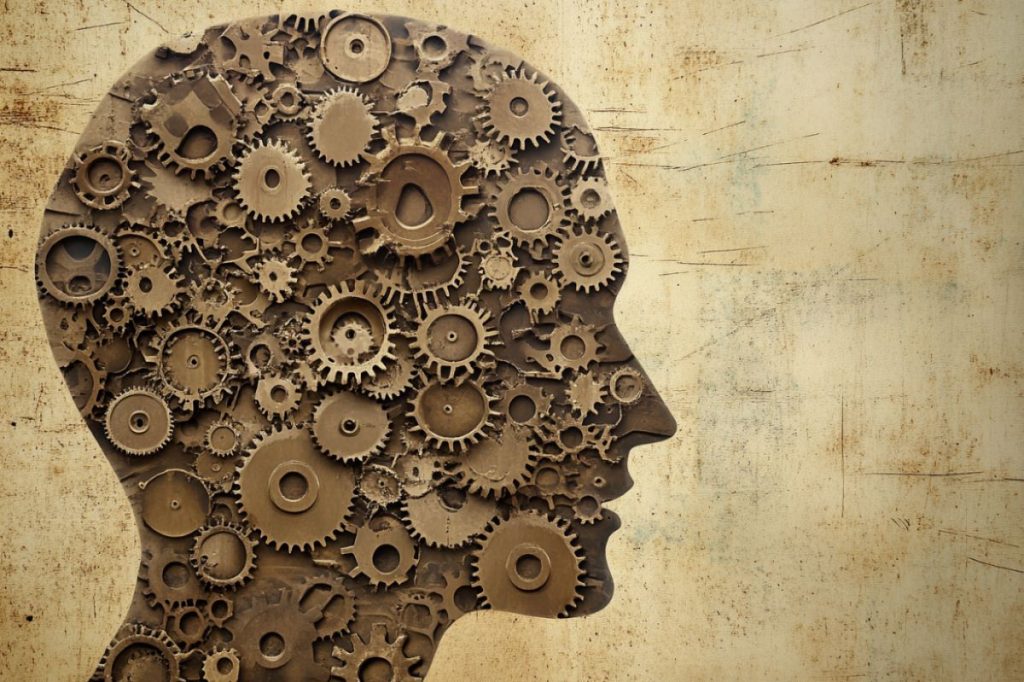Cognitive skills are the mental processes that enable us to acquire knowledge, think critically, solve problems, and focus our attention. In an increasingly complex and fast-paced world, enhancing cognitive skills is essential for academic success, professional development, and personal growth. This guide explores various cognitive skills, their significance, and effective strategies for building knowledge that enhances brain function and focus.
Understanding Cognitive Skills
Definition of Cognitive Skills

Cognitive skills are the core abilities the brain uses to think, learn, remember, and process information. These skills encompass a range of mental capabilities, including:
- Attention: The ability to focus on specific stimuli while ignoring distractions.
- Memory: The capacity to store, retain, and recall information.
- Perception: The process of interpreting sensory information.
- Reasoning: The ability to analyze situations, draw conclusions, and solve problems.
- Language: The skills associated with understanding and producing spoken and written communication.
Importance of Cognitive Skills
- Academic Success: Strong cognitive skills are crucial for effective learning, enabling students to comprehend complex concepts, retain information, and perform well on assessments.
- Professional Development: In the workplace, cognitive skills such as critical thinking, problem-solving, and effective communication are essential for success and advancement.
- Everyday Decision-Making: Cognitive skills play a vital role in everyday life, helping individuals navigate challenges, make informed decisions, and interact effectively with others.
- Mental Health: Engaging cognitive skills can promote mental well-being by enhancing self-efficacy, reducing stress, and fostering a sense of accomplishment.
Strategies to Enhance Cognitive Skills
1. Engage in Lifelong Learning
Lifelong learning is the continuous pursuit of knowledge and skills throughout life. Engaging in lifelong learning can enhance cognitive skills through:
a. Formal Education
Pursuing formal education, whether through traditional schooling or online courses, provides structured opportunities to develop cognitive skills. Subjects such as mathematics, science, and literature promote critical thinking and analytical reasoning.
b. Informal Learning
Participating in informal learning experiences, such as workshops, seminars, and community classes, can also enhance cognitive skills. These experiences expose individuals to new ideas and perspectives, fostering intellectual growth.
2. Practice Mindfulness and Meditation
Mindfulness and meditation practices have been shown to improve focus, attention, and overall cognitive function. Techniques include:
a. Mindfulness Meditation
Mindfulness meditation encourages individuals to focus on the present moment, enhancing attention and reducing distractions. Regular practice can lead to improved concentration and cognitive flexibility.
b. Breathing Exercises
Simple breathing exercises can help calm the mind and improve focus. Techniques such as deep breathing or the 4-7-8 method promote relaxation and enhance cognitive performance.
3. Engage in Cognitive Training
Cognitive training involves structured exercises designed to improve specific cognitive skills. Effective strategies include:
a. Brain Games
Playing brain games and puzzles, such as Sudoku, crosswords, or memory games, can enhance various cognitive skills, including memory, problem-solving, and attention.
b. Cognitive Skill Apps
Numerous apps, such as Lumosity and Elevate, provide targeted exercises to improve cognitive skills. These platforms offer personalized training programs that adapt to individual progress.
4. Foster Critical Thinking
Critical thinking is the ability to analyze information, evaluate arguments, and make reasoned decisions. Strategies to foster critical thinking include:
a. Socratic Questioning
Encouraging students to ask open-ended questions and engage in dialogue can promote critical thinking. This method helps individuals explore different perspectives and develop deeper understanding.
b. Debates and Discussions
Participating in debates and discussions encourages individuals to articulate their thoughts, defend their positions, and critically evaluate opposing viewpoints. This practice enhances reasoning and analytical skills.
5. Develop Effective Study Habits
Effective study habits can significantly enhance cognitive skills and knowledge retention. Strategies include:
a. Active Learning Techniques
Active learning involves engaging with the material through techniques such as summarization, teaching others, and problem-solving. This approach promotes deeper understanding and retention of information.
b. Spaced Repetition
Using spaced repetition techniques for studying can enhance memory retention. By reviewing material at spaced intervals, individuals reinforce their learning and improve long-term retention.
6. Prioritize Physical Health
Physical health has a significant impact on cognitive function. Strategies to support physical health include:
a. Regular Exercise
Engaging in regular physical activity has been shown to improve brain function, enhance memory, and boost overall cognitive performance. Activities such as aerobic exercise, yoga, and strength training can be beneficial.
b. Balanced Nutrition
A balanced diet rich in nutrients, including omega-3 fatty acids, antioxidants, and vitamins, supports brain health. Foods such as fatty fish, fruits, vegetables, nuts, and whole grains are essential for optimal cognitive function.
c. Adequate Sleep
Prioritizing sleep is crucial for cognitive performance. Quality sleep enhances memory consolidation, attention, and problem-solving abilities. Establishing a consistent sleep schedule and creating a restful sleep environment can promote better sleep quality.
7. Cultivate a Growth Mindset
It refers to the belief that abilities and intelligence can be developed through effort and perseverance. Cultivating a growth mindset can enhance cognitive skills by:
a. Embracing Challenges
Encouraging individuals to embrace challenges and view failures as opportunities for growth fosters resilience and adaptability. This mindset promotes a willingness to learn and develop cognitive skills.
b. Seeking Feedback
Encouraging individuals to seek feedback from peers and mentors can provide valuable insights for improvement. Constructive feedback helps individuals identify areas for growth and develop their cognitive abilities.
Conclusion
Enhancing cognitive skills is essential for academic success, professional development, and personal growth. By engaging in lifelong learning, practicing mindfulness, participating in cognitive training, fostering critical thinking, developing effective study habits, prioritizing physical health, and cultivating a growth mindset, individuals can build knowledge that enhances brain function and focus.
As cognitive skills improve, individuals will be better equipped to navigate the complexities of life, make informed decisions, and achieve their goals. By prioritizing cognitive skill development, we can create a more informed, engaged, and capable society, ready to tackle the challenges of the future. Embracing these strategies not only fosters personal growth but also contributes to a culture of continuous learning and intellectual curiosity.
Read Also About Knowledge building is the process of acquiring, organizing, and applying information to expand one’s understanding of a subject or field.



